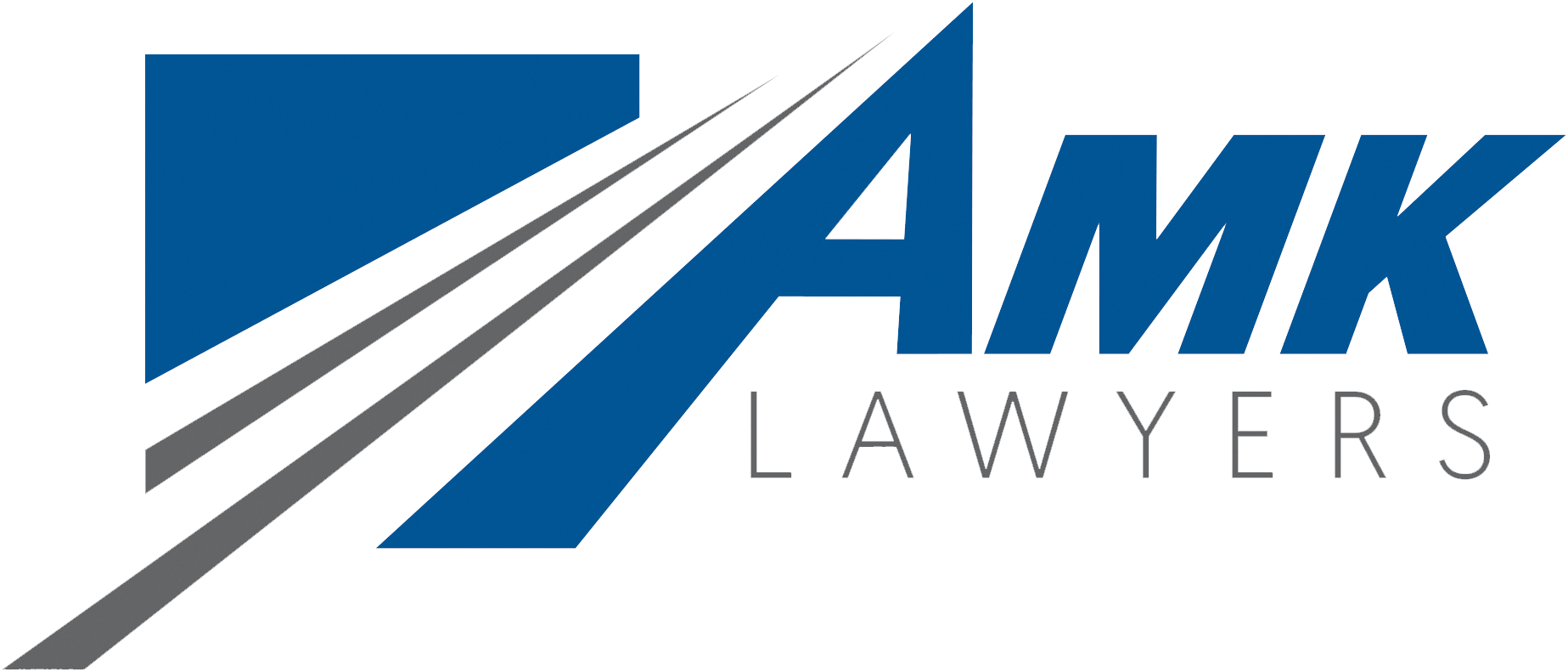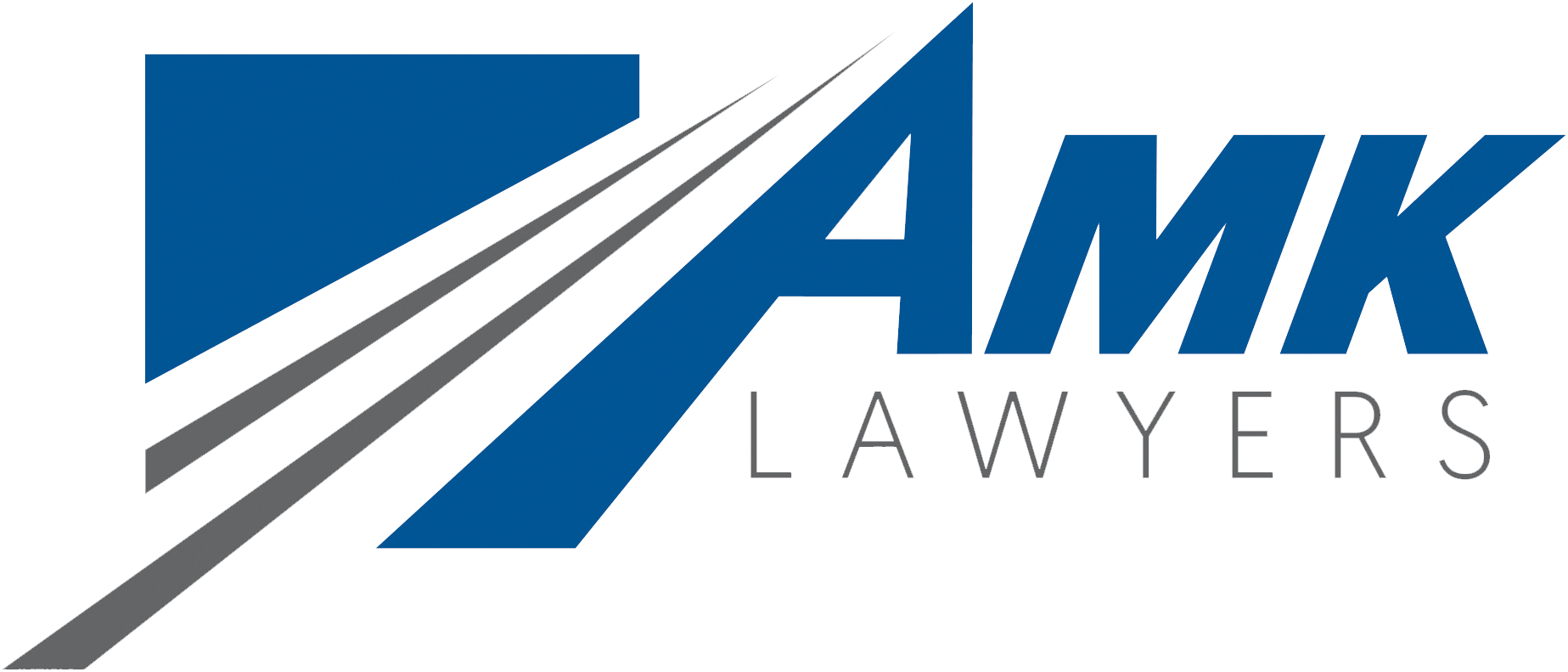When it comes to resolving motor vehicle accident claims in Queensland, litigation is often seen as a last resort. The lengthy process, the financial burden, and the emotional toll it can take on the parties involved make alternative dispute resolution (ADR) methods such as mediation and arbitration attractive options. These approaches offer a pathway to resolving disputes that can be less adversarial, more cost-effective, and quicker than traditional court proceedings. Let’s explore how these options work within the context of Queensland motor vehicle accident claims.
Mediation: A Collaborative Approach
Mediation is a voluntary process where the parties involved in a dispute come together to discuss their issues with the help of a neutral third party, known as a mediator. The mediator’s role is not to make decisions but to facilitate dialogue, help clarify the issues, and assist the parties in finding a mutually acceptable resolution.
- Benefits: Mediation offers a confidential setting, which encourages open communication and can lead to innovative solutions that might not be available through litigation. It also preserves relationships by fostering a collaborative rather than confrontational atmosphere.
- Process: In the context of motor vehicle accident claims in Queensland, either party can propose mediation. It’s typically less formal than a court proceeding, and the discussions are not binding unless an agreement is reached and formalized in writing.
Arbitration: A More Formal Alternative
Arbitration is somewhat akin to a court proceeding but is conducted in a more private and less formal setting. Both parties present their case to an arbitrator or a panel of arbitrators, who then make a decision on the dispute. This process is more structured than mediation but offers more flexibility than court trials.
- Benefits: The arbitration process is generally faster and less expensive than going to court. The parties can choose an arbitrator with specific expertise in motor vehicle accident claims, ensuring that the decision-maker is knowledgeable about the subject matter.
- Process: In Queensland, arbitration can be binding or non-binding, depending on the agreement between the parties beforehand. Binding arbitration means that the parties must accept the arbitrator’s decision as final, while non-binding arbitration allows for the decision to be challenged in court.
Choosing the Right Path
The choice between mediation, arbitration, and litigation depends on several factors, including the complexity of the case, the relationship between the parties, and the desired outcome. Here are a few considerations specific to motor vehicle accident claims in Queensland:
- Privacy and Confidentiality: If the parties prefer to keep the details of the dispute and its resolution private, mediation or arbitration might be the preferred route.
- Control Over the Outcome: Mediation allows the parties to have more control over the resolution, whereas arbitration and litigation involve handing over decision-making power to a third party.
- Cost and Time: Both mediation and arbitration are generally less costly and time-consuming than litigation, making them attractive options for resolving disputes efficiently.
Alternative dispute resolution methods like mediation and arbitration offer viable pathways for resolving motor vehicle accident claims in Queensland. These approaches can save time, reduce costs, and potentially preserve relationships between the parties involved. By understanding the benefits and processes of each option, claimants can make informed decisions that best suit their needs and circumstances. Whether through mediation’s collaborative discussions or arbitration’s expert decision-making, ADR provides avenues for reaching fair and equitable resolutions outside the courtroom.



